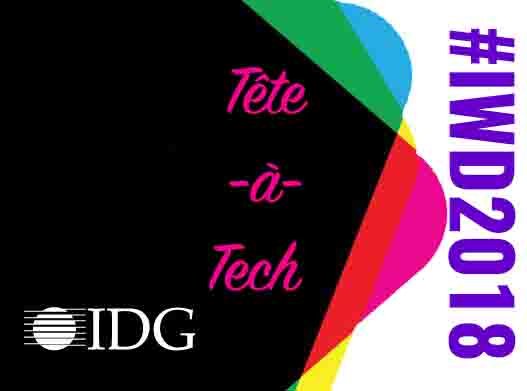Pakistan is currently under a major demographic transition according to Pakistan Economist, with a ‘youth bulge’ i.e. 63% of our population comprises of youth, i.e. 69 million aged below 15 and an increase in the working-age population as a share of the total population.
Furthermore, according to a study conducted by World Bank in 2014, Pakistan’s population is over 196 million and women make up 48% of that. However despite such big numbers, the inclusion of women in spaces such as sciences, technology and entrepreneurship still remain minimal.
The numbers that further support the claim of the fact that there is next to none participation of women in the entrepreneurship world is that according to the Pakistani Economist, there are only 1% of female entrepreneurs compared to 21% of male entrepreneurs in the country. Citing the access to finance as one of the main reasons that prevent women from entrepreneurial activities is that only 5% of women have access to an account at a formal financial institution.
Read: The Unstoppable Duo: Sehat Kahani Selected for GSMA Ecosystem Accelerator Innovation Fund
However, there are several initiatives that are taking place in the country that are working towards bringing more women into the industry. The efforts for now seem to making no difference as in November 2017, according to Georgetown Institute of Women, Peace, and Security Index Pakistan has been ranked number four for being one of the worst countries for women.
The challenges that accompany working women are endless in Pakistan, but it is important to keep the positive in mind too. There are multiple organizations that are working tirelessly for the inclusion of women in various industries across the country one such is Dairay, that serves as a one-stop shop for determined Pakistani women from around the world to come together, share their experiences and learn from one another.
Read: Team Auj: All Girls Team from NUST to Represent Pakistan @ Formula Student ’18
In the last couple of years, the industry has seen many startups come in to existence. While most are undoubtedly led by male entrepreneurs, there have been a few that have female founders and have gone on to become successful. These include: She’kab, Pakistan’s first shared-taxi service targeted to women specifically; Qayaam, a startup that is trying to normalize the guest house culture; Kafayak, a startup that is aiming to digitize the committee system; TrashIt, aim is to empower Pakistani housewives, homemakers, and gardeners, their TrashIt Bin takes in kitchen waste and paper scraps and forms compost in two weeks’ time; Sehat Kahani, aimed at providing basic health unit to all underprivileged areas in Pakistan; Auraat Raaj, the first digital content platform that provides education, guidance, inspiration, and support to Pakistani women etc.
Read: British Council Pakistan To Celebrate International Day of Women and Girls in Science
Zahra Mir, an investment promotion officer for the USAID Punjab Enabling Environment Project (PEEP) speaking to Chemonics about the social inclusion of women said:
“Social inclusion of women is crucial to the development of Pakistan. Regarding economic growth, 24 percent of the country’s gross domestic product (GDP) is derived from the agriculture sector, and over 55 percent of that sector is livestock. Small farmers own more than 85 percent of this livestock, and the primary caretakers are rural women. Research supports that they spend a major chunk of their time taking care of the animals by feeding and milking them, chopping fodder, and cleaning the sheds. Women hold the key to increasing productivity in the livestock sector, and are crucial to Pakistan’s economic growth. Including women in livestock initiatives equips them with the necessary abilities to carry out work in this sector, which leads to increased livestock production and subsequently an increase in GDP.”
However, one can see that efforts are well under way for the inclusion of women and corporate are working relentlessly to empower the women of Pakistan. Some of the initiatives include the concept of Guddi Baji, a concept by Jazz and Unilever for helping women for the establishment of retail shop at village level declaring her as cash agent for ensuring reach out through branchless banking at grassroots level for women. The concept however has not been launched on a bigger scale.
The State Bank of Pakistan is also driving towards their 2020 target of 25% women’s financial inclusion set by the National Financial Inclusion Strategy. In the coming future, it is expected that the country sees a rise in the inclusion of women in the various industries related to finance and entrepreneurship.







